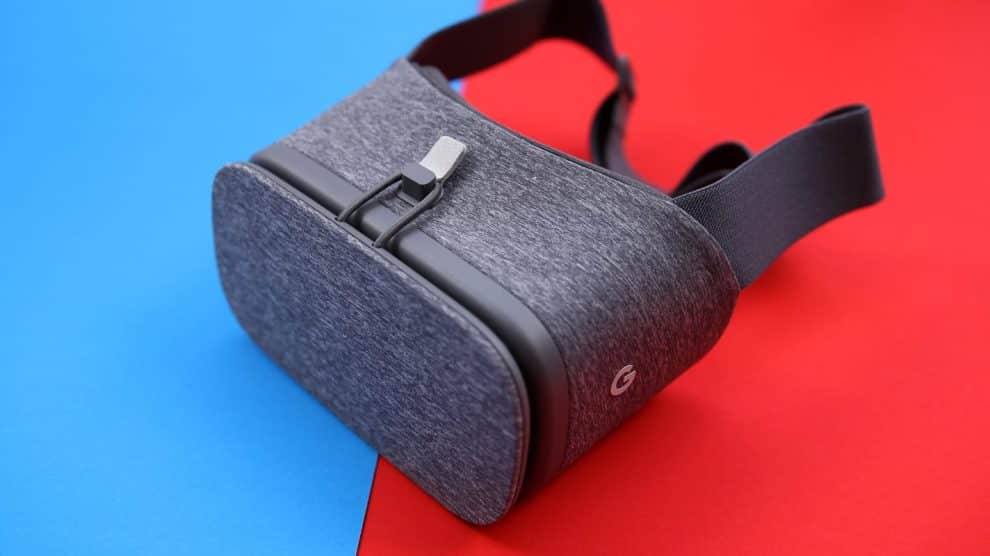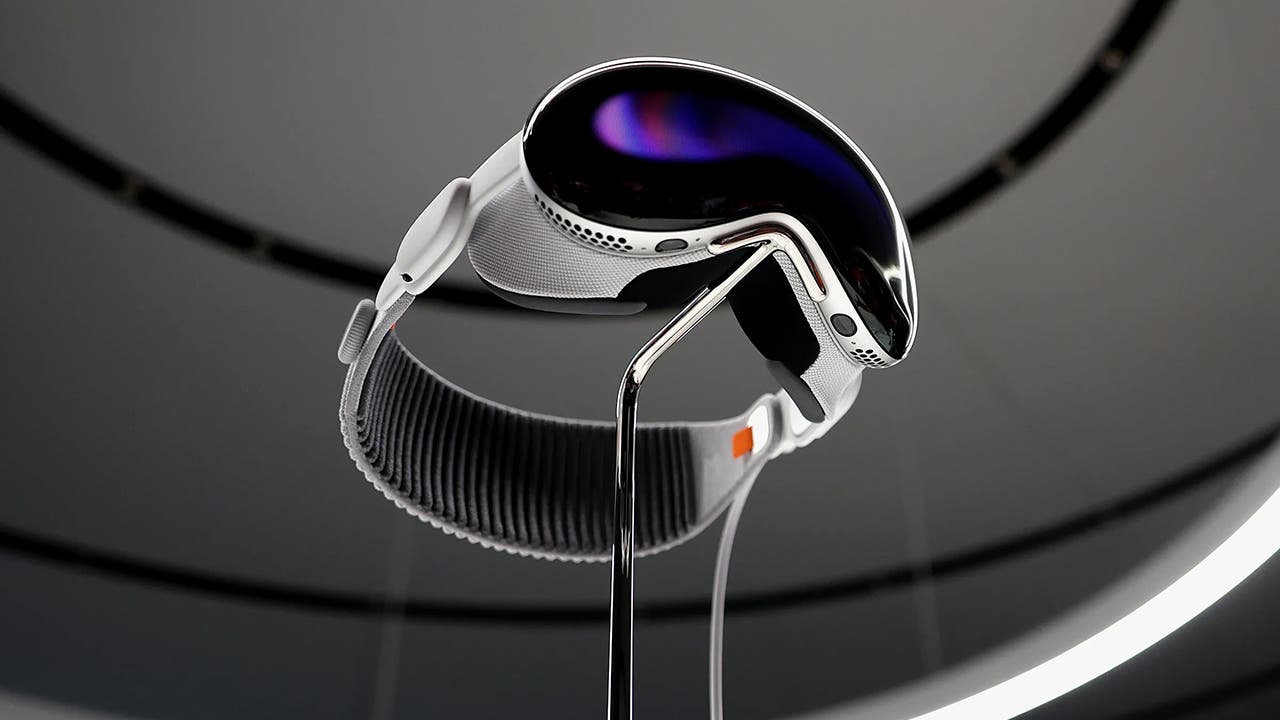
As the desire for VR continues to grow, technological companies are in competition to quickly take positions to claim a larger percentage of the market share. Renowned search giant – Google is not left behind in this race, Google is building an augmented reality headset. This headset is reportedly getting ready to take on Meta, Microsoft and Apple – who have earlier announced their growing ambitions for the AR and VR space. Frankly, it would be a huge surprise if Google wasn’t baking up its own AR headset or joining the race to the metaverse.
According to online sources, the search giant is working on a project code-named Project Iris. According to The Verge, the headset-development effort is underway at a San Francisco Bay Area facility. The AR device is being said to make use of outward-facing cameras to mix virtual imagery with real-world views. The device could be ready for shipping as early as 2024.
Google’s ventures in AR and VR have also been one with a mixed bag. In 2015, the company actually discontinued Glass less than a year after opening sales to the public. Pricing and limited functionality were cited as a major reason for the failings of the product that may well have been produced too early. The company have since shifted its technology, through Google Glass Enterprise Edition, to Microsoft’s XR play, HoloLens. While AR hasn’t exactly gone mainstream, Microsoft has found some success in the category courtesy of large partnerships, like the $22 billion one it signed with the U.S. Army for 120,000 headsets.
Project Iris appears to be in existence in Google’s development, and Alphabet’s CEO Sundar Pichai might have tipped us on it in his discussions around Google aiming for a future beyond computing or phones. “For a while, we have deeply focused on thinking through computing for the long term.” He said in a recent earnings call. “We’ve talked about ambient computing, and it’s just a matter of time before, you know, beyond phones, you’ll see other successful form factors. And AR is an exciting part of that future.”
Although Google hasn’t responded to comments on the AR device, reports say the Google AR headset is still in its early stage of development. The device will be powered by a custom Google processor and is expected to run on Android. Google’s decision to join the metaverse race comes after a host of companies have made decisions and are already investing in developing next-generation hardware, that can potentially access the metaverse, a shared virtual world growing to revolutionize the way we socialize, attend meetings, play games, shop, access education etc. The company is obviously well-positioned to deliver this compelling product — something that takes augmented reality beyond the big-ticket enterprise deals and onto consumers’ faces. Metal, Valve, HTC, HP and Sony are some of the companies already in the business of making VR headsets, which users have taken advantage of to enter virtual worlds, especially for gaming. Microsoft, Magic Leap and others make AR headsets that introduce virtual imagery to real-world scenes.
Discover more from TechBooky
Subscribe to get the latest posts sent to your email.







